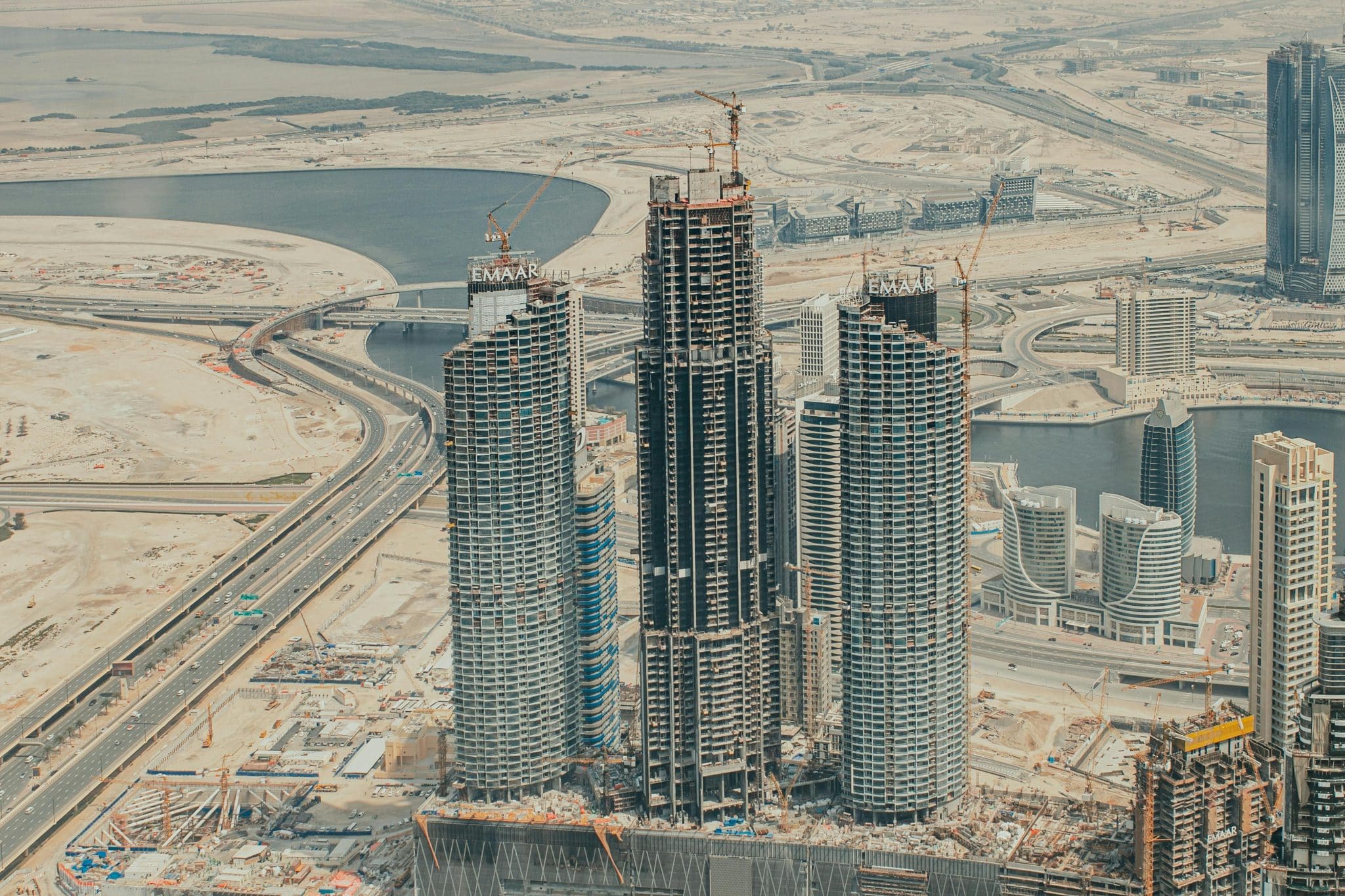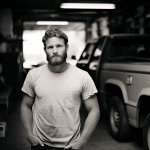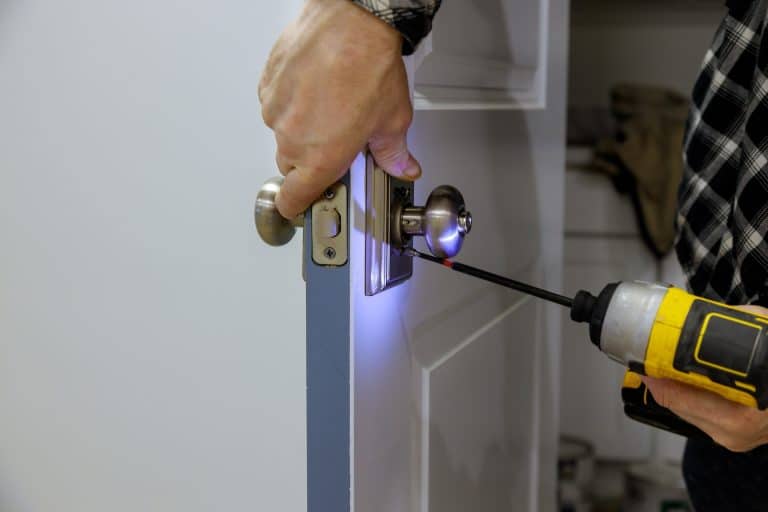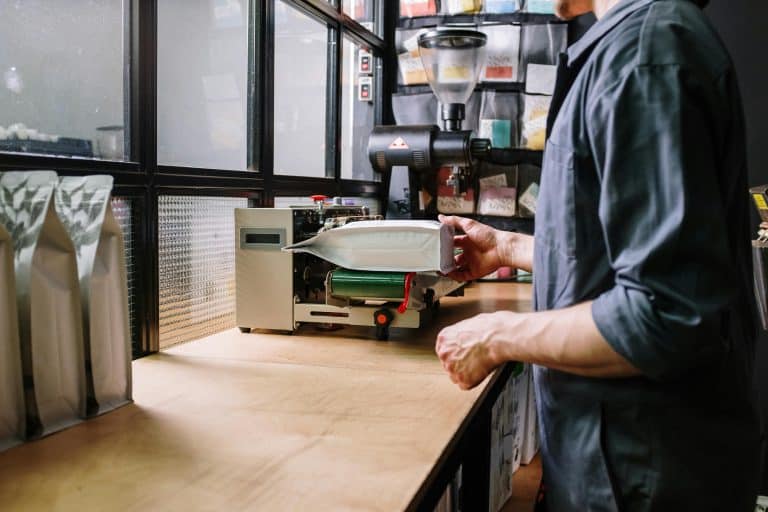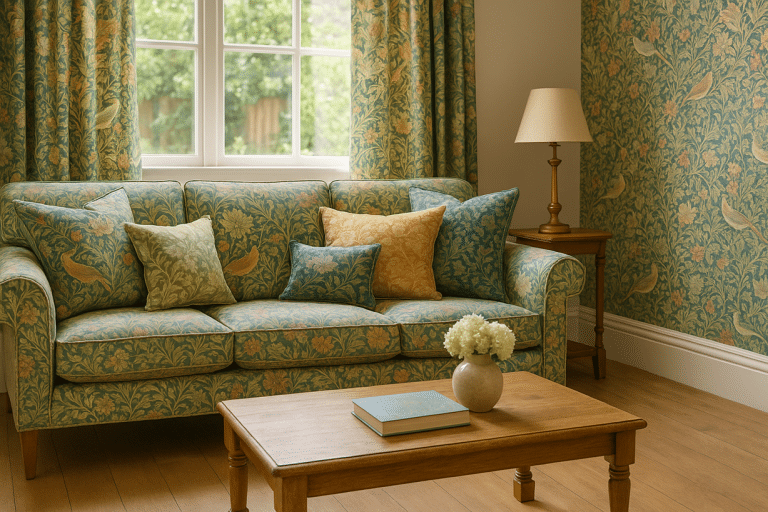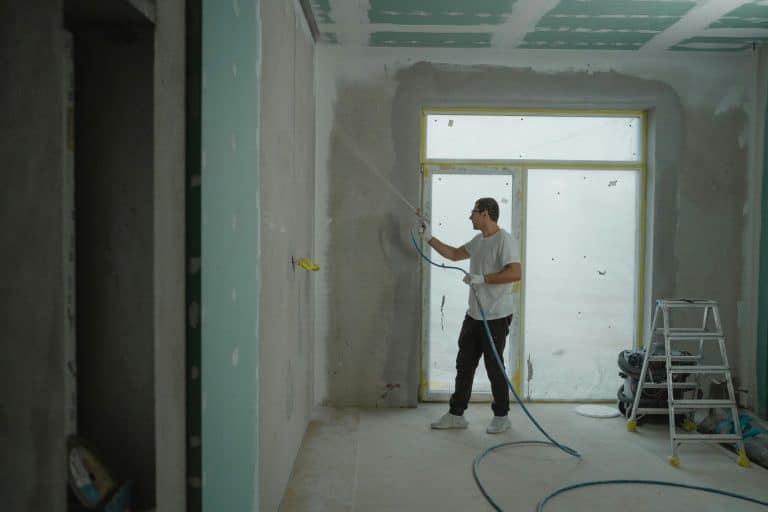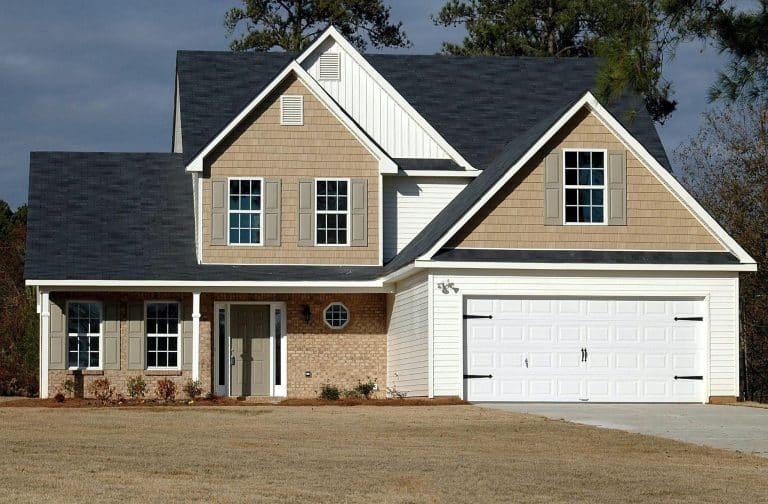The Rise of Green Living: Sustainable Real Estate Projects in Dubai
Dubai has rapidly transitioned from metropolitan expansion to a committed sustainable hub over the last decade. With regulations becoming more stringent, investor interests are also shifting toward low-carbon developments.
Recently, eco-friendly communities have slipped from niche segment to mainstream USP due to growing awareness of environmental impact. This guide unfolds how Dubai is shaping a greener property marketplace as well as emerging green developments that investors and buyers should consider.
Green Certification Woven with Regulatory Momentum
Dubai’s eco-friendly features are ingrained in regulation and policy. Dubai Municipality’s recent introduction of Al Sa’fat rating system has made green building performance checking mandatory for newer constructions. The rating system ensures that buildings align with at least minimum level of sustainability.
To safeguard building standards, Dubai Municipality executed 25,000 field inspections. Approximately 18,000 buildings were covered, with compliance rate reaching 96%. The conduction inspection and the reported outcomes are no longer optional but have become a part of planning approvals.
These strategies combine with Dubai’s broader goals, including the UAE net-zero pledges, Clean Energy Strategy 2050, and the Dubai 2040 Urban Master Plan, pushing real estate toward sustainable innovation.
Signature Sustainable Developments in Dubai: Master Plans to Watch
Tilal Al Ghaf
This flagship master plan community by Majid Al Futtaim has implanted sustainability as its core design principle. Its landscaping harmonizes with the Green Building Code and the incorporation of lagoon-based water to minimize urban heat islands (UHI) effect is a standout feature. The development also focuses on incorporating walkable layouts, energy-efficient facades, and green roofs.
The Sustainable City
It is widely recognized as one of the earliest examples of fully operational solar-driven master planned communities in Dubai. As the first net-zero energy city, its residential segment essentially incorporates EV charging, water recycling, and renewable energy. Moreover, organic greenhouses and community farms are installed throughout along with car-free zones.
Al Barari
The area’s 60% space is engulfed by greenery and lush foliage, reinforcing green landscapes and eco-friendly housing. Al Barari emphasizes low-impact lifestyle, making it Dubai’s most luxurious sustainable master plan development. Furthermore, several award recognitions (The Best Sustainable Residential Development Award) testify to its keen alignment.
Sobha Hartland
Actively managed as a sustainable development in Dubai, this master plan development has roughly 30% space dedicated green areas and open spaces. Furthermore, energy-efficient integrations, green technologies, and water conservation systems make it one of the finest urban green communities in Dubai.
Dubai Hills Estate
As one of the large-scale sustainable projects in Dubai, this estate focuses on pedestrian-friendly spaces, certification targets, and open green spaces. Some highlighting features of the area include 180,000 square meters of space covered by the sprawling park. With spaces dedicated for playgrounds, cycling trails, and jogging tracks, the neighborhood promotes outdoor activities.
Further, the exhilarating mall within the estate is harnessed with solar shading systems, with potentiality to produce 6.5 MW yearly. Also, low-carbon district cooling systems are employed throughout the neighborhood, along with smart outdoor lighting for minimal energy consumption and drought-resistant landscaping.
Many properties in Dubai Hills Estate, including Golf Hillside, are built to receive LEED Gold Certification. According to the master developer, Emaar, the estate has the capacity to generate 10,636 MWh of clean electricity. This, in turn, magnificently supports Net-Zero 2050 Strategy.
Innovations and Emerging Trends: Making Developments Eco-Friendly
As Dubai’s real estate is evolving to align with sustainability goals, few of the emerging trends that require consideration include:
Low-Carbon Concrete & Sustainable Materials
Developers in Dubai are leveraging modular construction techniques, for instance utilization of recycled materials like slag and fly ash. New low-carbon binders have been developed, including geopolymer concrete and technologies like CarbonCure showcase alignment with ESG commitments.
IoT Integration & Smart Systems
The embodiment of automated systems are significantly increasing in a number of new constructions around Dubai. Waste-management, HVAC sensors, and automation for lighting optimize energy usage in real time.
Water Reuse & Greywater Recycling
Dubai is extensively integrating greywater recycling and water-efficient systems across its master developments and individual buildings (commercial, residential, mixed-use). For instance, DHE utilizes landscaping irrigation to recycle water and encourage condensation-management systems for reduced potable-water draw.
Green Public-Space Certification
Many recreational zones and parks around the city are being acknowledged by their sustainable certifications. For example, the Sustainability Prize at Landscape Middle East Awards (2023) was awarded to Dubai Hills Park in 2023.
Why Sustainable Real Estate Matters: Becoming a Market Driver
Sustainability in Dubai’s real estate industry has gone beyond just an ethical principle and has transformed into an elementary selling point. Recent analysis reports show that eco-friendly properties in Dubai can make up to thirty-five percent of total sales by 2025, a fifteen percent upward trajectory from 2020. This accelerating shift indicates buyer preferences, particularly among expat investors and international relocators.
Also, long-term operational costs saving in cooling, energy, and water along with evolving government incentives have supported this transition. Buildings that are green-certified command lower service charges, higher resale values, and typically provide enhanced occupancy rates.
Furthermore, sustainable credentials have become a competitive differentiator, allowing them to gain higher prominence within marketing bases and master-plans. Whether you are an institutional investor or a developer, the risk is reported to be minimal in energy-efficient buildings. The risks include climate adaptation, fluctuation in energy prices, and regulatory compliance. This demonstrates that eco-friendly real estate is not just a trend, but a crucial business evolution in the maturing property market of Dubai.
Closing In!
The surge of sustainable real estate in Dubai is a pivotal moment for an industry which was once known for its luxury niche. The integration of eco-friendly features as a mainstream driver has accelerated the demand of properties in Dubai, specifically across master-planned communities.
From Dubai Hills Estate to The Sustainable City, eco-friendly features are carved as basic design principles and community policies. As the city approaches its net-zero goals, the most future-forward real estate options intend to blend smart planning and green innovation.

